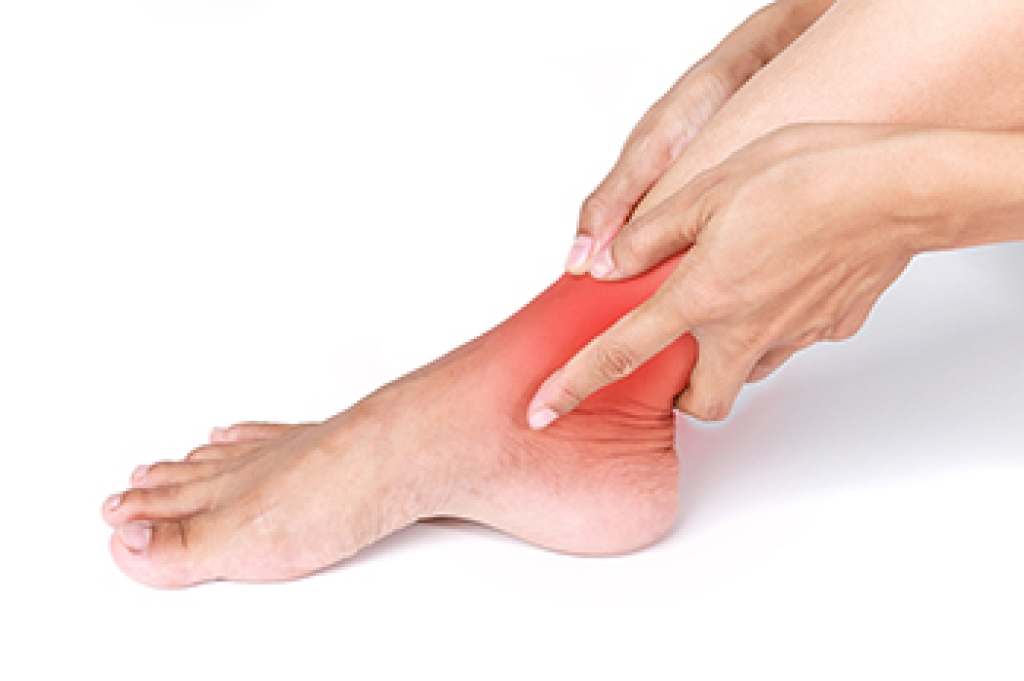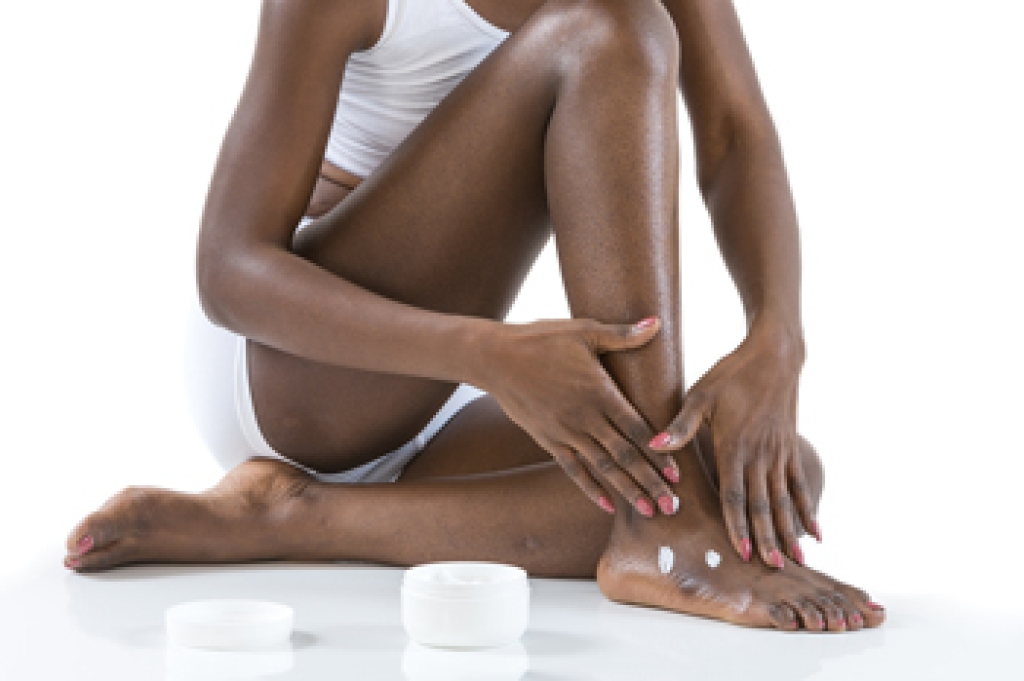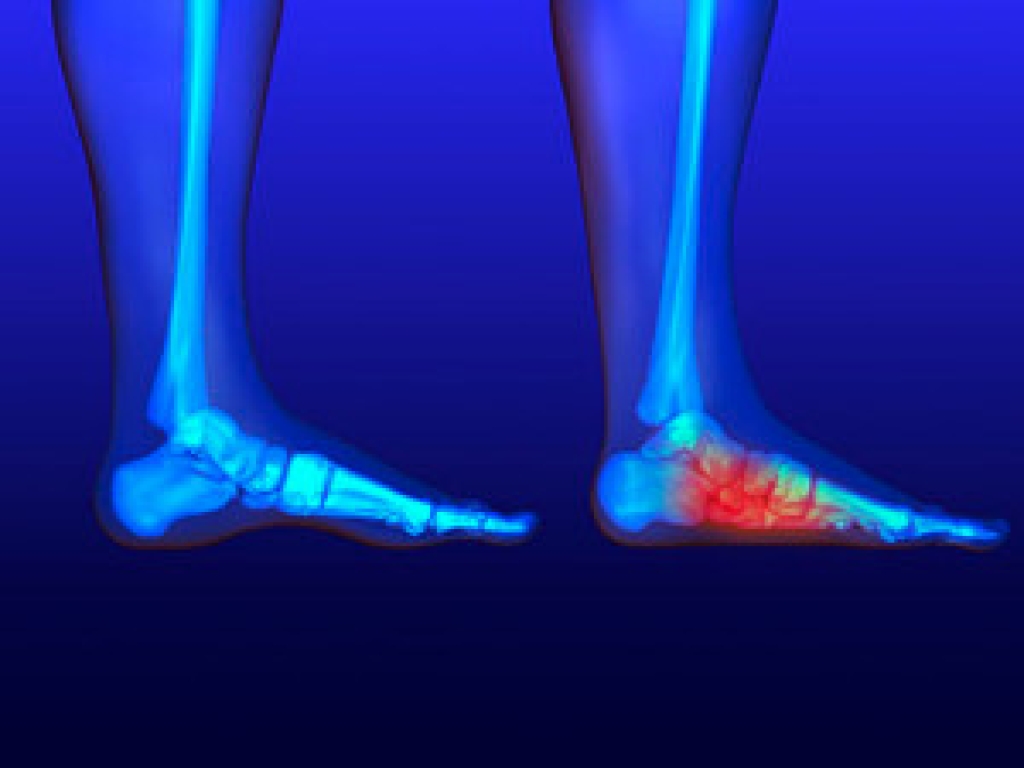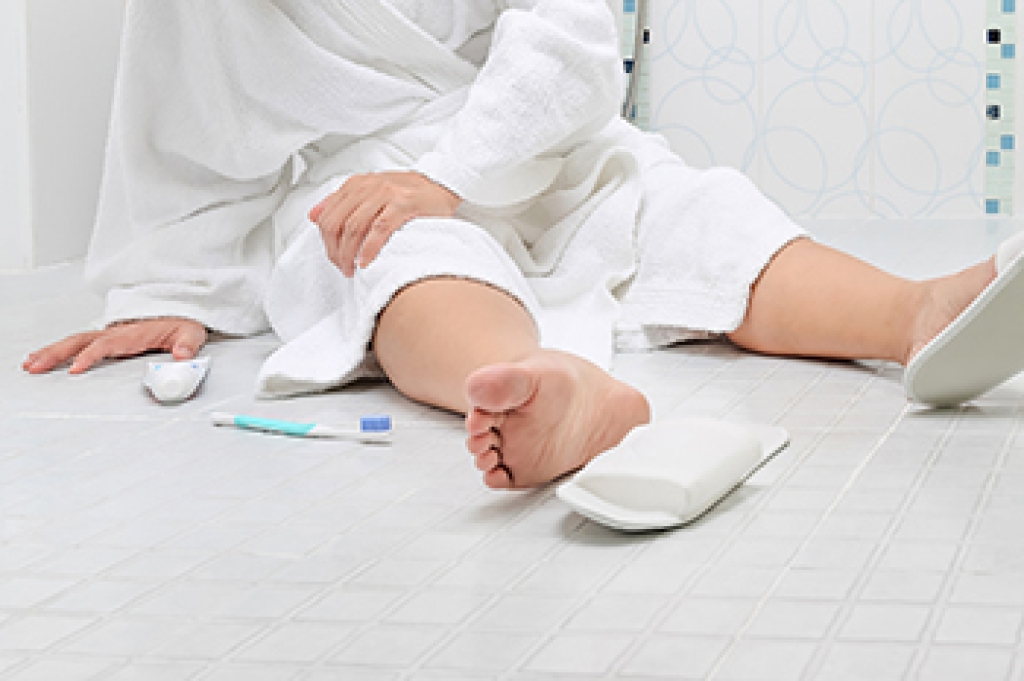
The tibial nerve is located in the tarsal tunnel in back of the ankle. This is a narrow tunnel, and this nerve can become compressed from a sprained ankle or a bone spur. Additionally, other conditions may lead to developing tarsal tunnel syndrome, including diabetes, flat feet, or a thyroid disorder. Some of the symptoms that are associated with this ailment can include toe pain and foot muscles that have become weakened. There may also be a burning sensation or tingling feeling in the feet, and can radiate to the toes. There may be an inability to curl the toes or twist the ankle, and this may be indicative of tarsal tunnel syndrome. Orthotics may be prescribed if flat feet are a reason for this condition to develop, and it may be beneficial to perform specific stretches to strengthen the ankle. If you have pain in your ankle, please confer with a podiatrist who can accurately diagnose tarsal tunnel syndrome, and guide you toward the correct treatment.
Tarsal tunnel syndrome can be very uncomfortable to live with. If you are experiencing tarsal tunnel syndrome, contact one of our podiatrists of David A. Scalzo, DPM, PC and Associates. Our doctors can provide the care you need to keep you pain-free and on your feet.
Tarsal Tunnel Syndrome
Tarsal tunnel syndrome, which can also be called tibial nerve dysfunction, is an uncommon condition of misfiring peripheral nerves in the foot. The tibial nerve is the peripheral nerve in the leg responsible for sensation and movement of the foot and calf muscles. In tarsal tunnel syndrome, the tibial nerve is damaged, causing problems with movement and feeling in the foot of the affected leg.
Common Cause of Tarsal Tunnel Syndrome
- Involves pressure or an injury, direct pressure on the tibial nerve for an extended period of time, sometimes caused by other body structures close by or near the knee.
- Diseases that damage nerves, including diabetes, may cause tarsal tunnel syndrome.
- At times, tarsal tunnel syndrome can appear without an obvious cause in some cases.
The Effects of Tarsal Tunnel Syndrome
- Different sensations, an afflicted person may experience pain, tingling, burning or other unusual sensations in the foot of the affected leg.
- The foot muscles, toes and ankle become weaker, and curling your toes or flexing your foot can become difficult.
- If condition worsens, infections and ulcers may develop on the foot that is experiencing the syndrome.
A physical exam of the leg can help identify the presence of tarsal tunnel syndrome. Medical tests, such as a nerve biopsy, are also used to diagnose the condition. Patients may receive physical therapy and prescriptive medication. In extreme cases, some may require surgery.
If you have any questions please contact our office located in Duryea, PA . We offer the newest diagnostic and treatment technologies for all your foot and ankle needs.




